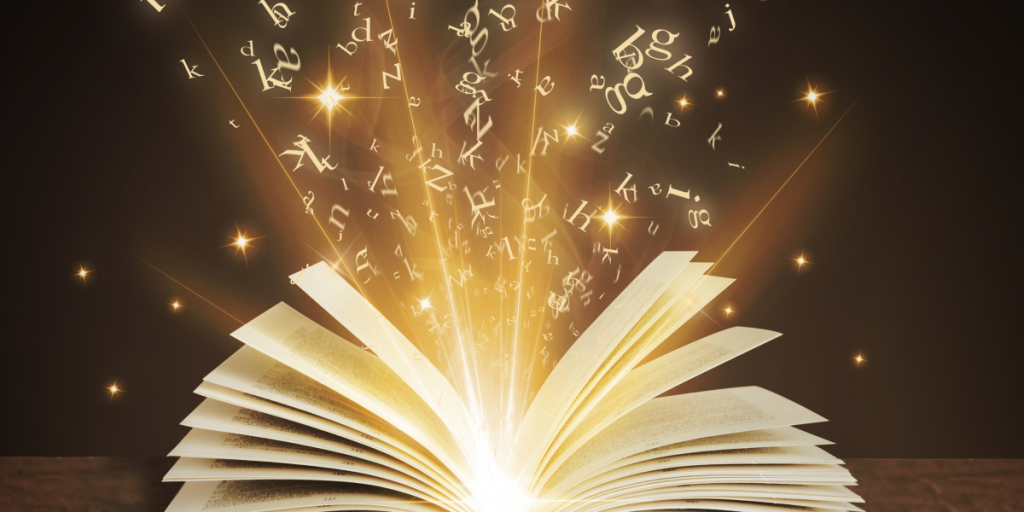African poetry has undergone significant transformation, blending traditional forms with modern influences to create a dynamic and diverse literary genre. This article explores the evolution of African poetry and reviews notable poets who have shaped its course.
African poetry has deep roots in oral traditions, with poems often serving as vehicles for storytelling, cultural preservation, and social commentary. Poets like Okot p’Bitek, whose “Song of Lawino” draws on Acholi oral traditions, exemplify this connection to the past.
Contemporary African poets incorporate a range of styles and themes, from political activism to personal introspection. Warsan Shire’s “Teaching My Mother How to Give Birth” addresses themes of displacement and identity, while Niyi Osundare’s works often focus on environmental and social justice.
The rise of performance poetry and spoken word has brought African poetry to new audiences. South African poet Lebo Mashile uses performance to address issues of race, gender, and identity, bringing a visceral energy to her work that resonates with diverse audiences.
African poets are gaining international recognition, influencing global literary trends. Ben Okri, a Booker Prize-winning poet, and novelist, blends poetic language with prose in works like “The Age of Magic,” showcasing the versatility of African literary talent.
The evolution of African poetry reflects the continent’s dynamic cultural landscape. By honoring tradition while embracing modernity, African poets continue to push boundaries and inspire readers worldwide.

